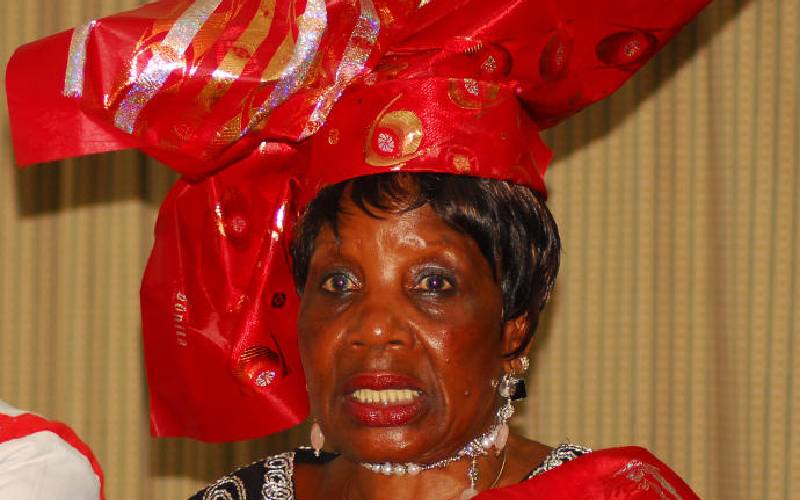×
The Standard e-Paper
Kenya’s Boldest Voice

In her heyday, Orie Rogo Manduli – who died On Wednesday at her well-appointed Riverside Drive home in Nairobi – was one of the highest-profile Kenyans for the right or controversial reasons.